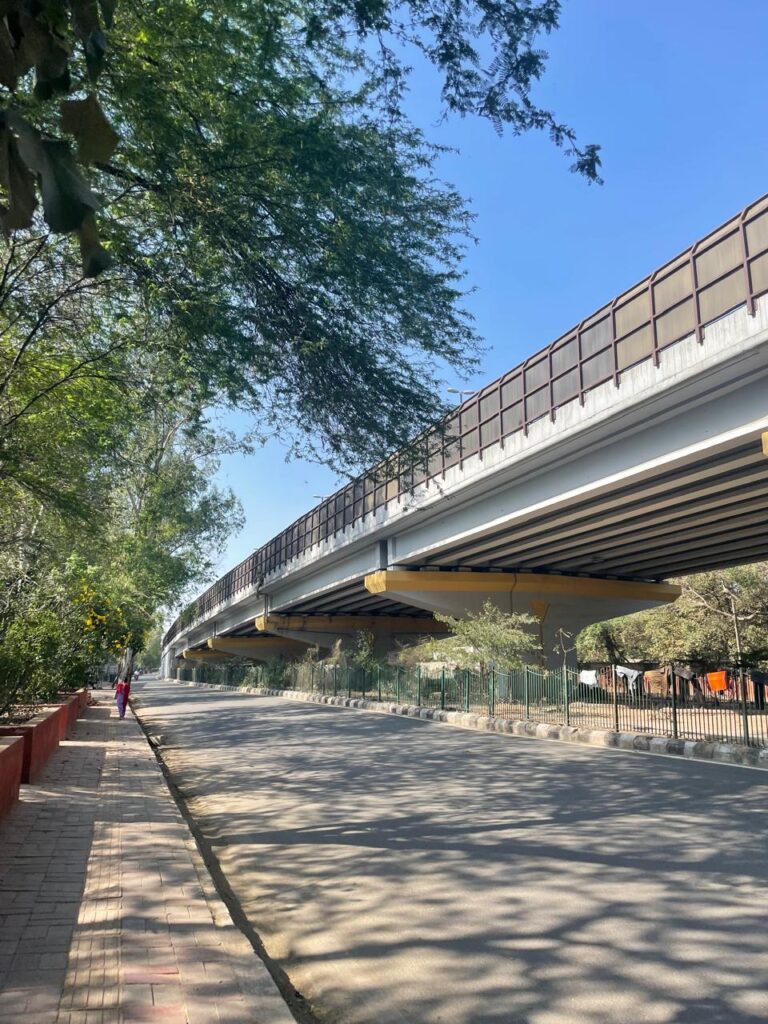City Know-hows

Assessing the urban environment is crucial for enhancing mental well-being. It is imperative to identify relevant indicators and establish a comprehensive framework to measure the impact effectively. This approach is essential for initiating strategic interventions aimed at improving mental health outcomes.
Share
Target audience
Urban designers and planners; Public health and healthcare professionals; Academicians, sociologists, and policy-makers.
The problem
Existing tools may not be directly applicable due to variations in environmental and cultural factors. The need for a context-specific framework to assess urban environments for mental well-being in India is crucial, given the unique physical and social dynamics of the country.
What we did and why
Examining and understanding the urban environment is pivotal for promoting mental well-being among residents. This involves not only recognizing the factors that contribute to mental health but also establishing a structured framework to gauge their influence. Developing a robust framework enables a systematic evaluation of various factors influencing mental well-being in urban settings, paving the way for informed decision-making and targeted initiatives.
Our study’s contribution
Creating a comprehensive framework involves designing a systematic approach to measure, analyze, and interpret the various elements that affect mental health within an urban context. This framework acts as a roadmap, providing a structured way to assess the multifaceted aspects of the urban environment, such as physical infrastructure, social dynamics, green spaces, noise levels, accessibility to essential services, and overall community support.
Impacts for city policy and practice
By developing and implementing this framework, policymakers, urban planners, and healthcare professionals can gain valuable insights into the specific aspects of the urban environment that contribute positively or negatively to mental well-being. This, in turn, facilitates evidence-based decision-making and the formulation of targeted strategies to address identified challenges and enhance positive influences.
Further information
Full research article:
Related posts

Evaluating urban environments is crucial for enhancing mental well-being. Identifying key indicators and developing a robust framework are essential steps in effectively measuring the impact. This method is fundamental for designing targeted strategies to improve mental health outcomes through informed interventions.

This study contributes to the broader discourse on urban design for children, offering insights into how cities can create more inclusive, engaging, and health-promoting environments. It supports and adds to existing literature, finding that the alignment of play initiatives with public health goals, and strong collaboration between local government departments are effective in supporting children’s play on the strategic level. It identifies barriers to play in policy, namely budget constraints and deprioritisation of play.

This paper shows design tools and views of experienced practitioners in active urban design against a theoretical backdrop. It describes the creation process, including opportunities and inspiration to further improve the practice.